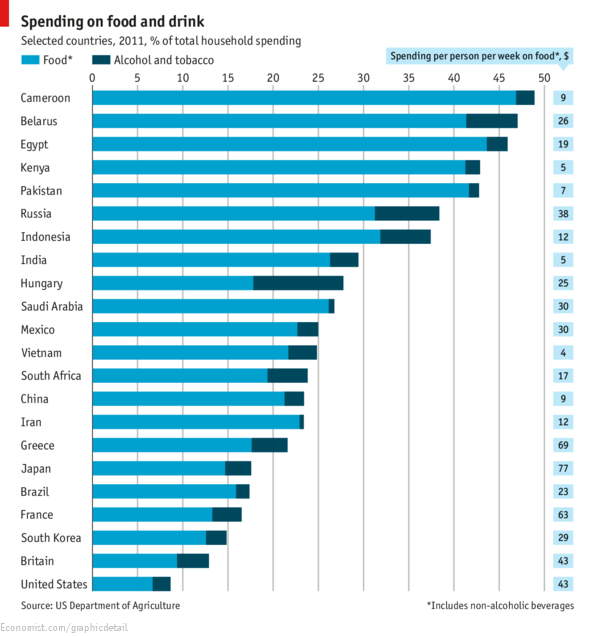I usually sit quiet when the folks recall that incident, with an occasional additional spice to the story. But, there was one occasion a few years ago when I mildly countered that the dead do not come back and that it is entirely possible that the cousin was merely acting out some emotion, angst, buried deep within. It is not grandma's spirit who was calling for attention and that it was the cousin instead.
That was the only occasion I suggested that they could, and should, look at it differently. As it happens in the classroom, or the faculty meetings that I used to attend, nobody cared for my explanation!
Well, not really. It turned out that it had registered in mother's radar. Later she asked me in her mild way how I could be confident that it was not grandmother. I suggested to her that science does not claim that there are answers to every question. However, when more realistic reasons are possible--like perhaps the cousin needing some kind of a professional psychological analysis, and when there is no evidence for dead people coming back, well, ...
I gave her another example of how in the old days, the illiterate, and even the religious, interpreted an eclipse as a war between the good and evil forces. Scientific thinking--even in the old India--explained that there were no gods and demons involved here, and that one could even predict when eclipses would occur. As with explaining the eclipse, slowly, in many aspects of life, we have been able to drive out the old incorrect explanations, and offer rational ones that withstand scrutiny.
We have a long way to go, but it does not mean that we will have to fill the gaps with "faith." It is entirely acceptable to be scientific and admit that we have not figured out quite a few things yet. Like with that possibly the oldest questions ever--how did this universe come about. What was there before the Big Bang? How could all these have come about from nothing?
why is there something rather than nothing? There just is. The is-ness of the universe is one of its interesting features. Sorry if that isn’t satisfactory. It is because it is. Let’s move on.Perhaps in the future somebody like an Einstein will come along and write a simple equation with merely three letters of the alphabet and one digit and explain it all. But, for now, the questions we are after are too darn complicated for simple narratives. It is not your grandfather's science anymore--heck, not even Ernest Rutherford's!
Obviously there remain huge cosmological questions, like the fate of the universe. And we’d all like to know what happened before the Big Bang, but I’m fairly persuaded by the Hawking notion that time itself begins at the Big Bang and there’s no “before.” There’s no boundary.
As we muddle through and explore this universe towards understanding how we happen to be here, we have to deal with a great deal of unknowns. We sort out, as Carl Sagan pointed out, speculation from fact. Michael Shermer articulates the argument that I have offered in my own less sophisticated ways for a number of years:
in answer to the question Why is there something instead of nothing?, it is okay to say “I don’t know” and keep searching. There is no need to turn to supernatural answers just to fulfill an emotional need for certainty and comfort. Science’s uncertainty is its greatest strength. We should embrace it.Indeed!










